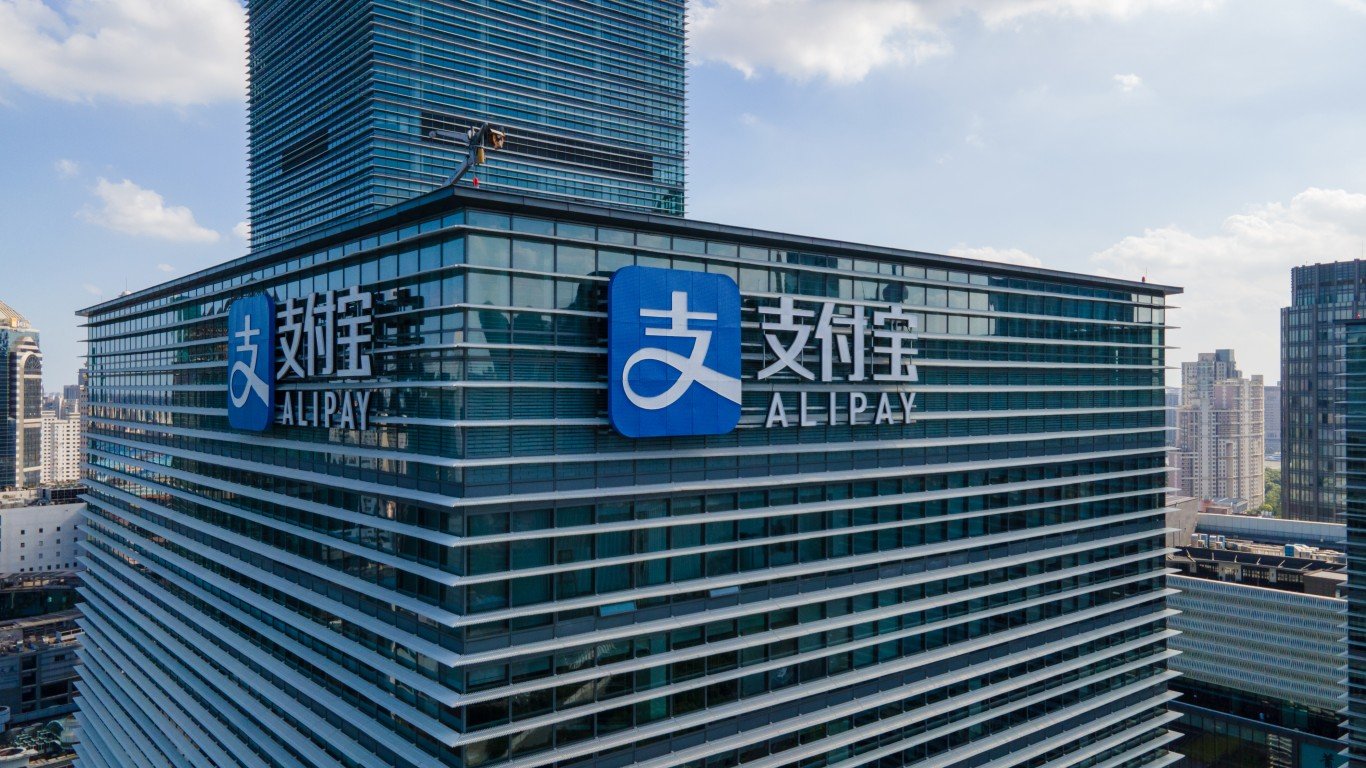
"The idea was that as AI grew in China, its companies would need the most powerful AI chips. The supplier of these was to be Nvidia ( NASDAQ: NVDA). China might be able to match America's AI success, and it showed major progress when it released DeepSeek. It became apparent that day that this challenge had begun. It began a ping-pong match about whether Nvidia could sell chips to China at all."
"Nvidia saw China as a multibillion-dollar market. The Trump Administration feared China could use the Nvidia chips to challenge the US AI lead. Finally, there was an agreement that Nvidia could sell chips to China, but not its most powerful models. The compromise might have worked. However, there was still a concern that Nvidia's best chips could be bought and funneled through other countries to the Chinese tech industry."
"The new plan did not hold together for long for another reason. Commerce Secretary Howard Lutnick commented that the chips China was getting were much worse than Nvidia's best products. "We don't sell them our best stuff, not our second-best stuff, not even our third-best stuff," He said. He planned to get China "addicted" to US technology, which would stop the country's effort to build its own."
US restrictions limited sales of Nvidia's most powerful AI chips to China, creating friction between commercial interests and national security concerns. An initial compromise allowed sales of lower-tier models while barring top GPUs, but officials worried about re-export routes that could bypass limits. Commerce Secretary Howard Lutnick openly emphasized downgrading supplies to keep China reliant on US technology, aiming to hinder domestic Chinese chip development. China responded by vowing to build world-class domestic chips and to move away from reliance on American high-end hardware. Chinese companies like Alibaba and Baidu began using domestically produced or alternative chips.
Read at 24/7 Wall St.
Unable to calculate read time
Collection
[
|
...
]